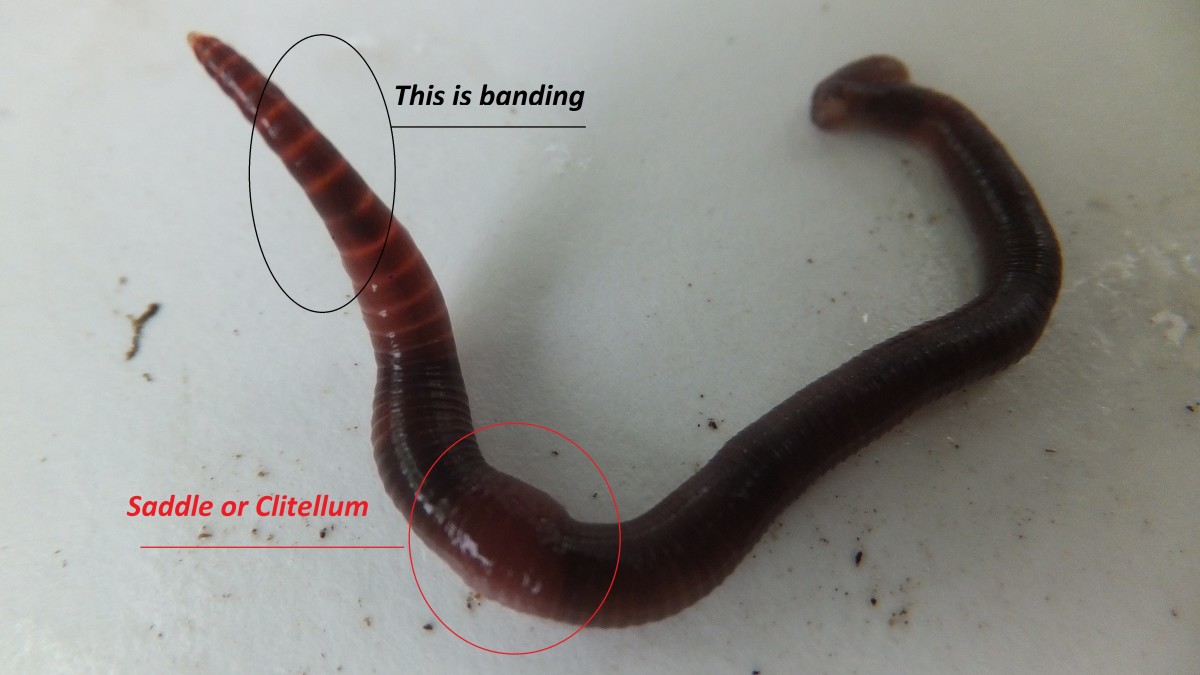Enjoy Healthy, Thriving Grass with the Help of Red Wiggler Express Lawn Care Services
Enjoy Healthy, Thriving Grass with the Help of Red Wiggler Express Lawn Care Services
Blog Article
Red Wigglers: The Unsung Heroes of Organic Waste Recycling
Red wigglers, or Eisenia fetida, offer as critical representatives in the organic waste recycling procedure, transforming discarded materials into useful vermicompost. As the world progressively seeks solutions to combat waste build-up and boost farming efficiency, recognizing the role of these worms becomes necessary.
What Are Red Wigglers?
The exceptional resilience of red wigglers, scientifically known as Eisenia fetida, emphasizes their critical duty in organic waste recycling. These tiny, reddish-brown earthworms are commonly found in decomposing organic matter, such as compost heap and manure loads. Lake Hickory Bait. Unlike various other earthworm species, red wigglers prosper in nutrient-rich settings and are very effective at breaking down organic materials, making them crucial for vermicomposting

(Red Wiggler Express)Along with their role in waste decrease, red wigglers add to soil health by boosting dirt structure and oygenation with their burrowing activities (Lake Hickory Bait). Their presence in composting systems not just enhances disintegration rates but likewise promotes a sustainable strategy to throw away management, illustrating their importance in environmental preservation efforts
Benefits of Composting With Worms
Composting with worms, specifically red wigglers, uses many advantages that boost both waste administration and soil health and wellness. First, these worms efficiently break down natural waste, transforming it right into nutrient-rich vermicompost that enriches soil. This process increases decay, enabling a quicker recycling of cooking area scraps and other natural products compared to traditional composting techniques.
In addition, the vermicompost created by red wigglers is including beneficial microbes, which aid enhance soil structure, aeration, and moisture retention. This enhances the total health and wellness of plants, promoting strenuous development and boosted yields in yards and agricultural settings. The usage of worms in composting decreases the production of greenhouse gases, such as methane, adding to an extra sustainable waste management system.

Exactly How to Begin Vermicomposting
Developing a vermicomposting system is a simple procedure that can yield significant benefits for both waste management and dirt enrichment. To begin, choose an ideal container, such as a plastic container or wooden box, with adequate air flow holes to make certain correct air movement. The measurements must ideally be about 2 feet by 3 feet, allowing sufficient room for the worms to prosper.
Next, prepare bed linen product, which can include shredded newspaper, cardboard, or coconut coir. This bed linen should be dampened to produce a suitable environment for the worms. Once the bedding is in location, present red wigglers (Eisenia fetida) into the container, normally around one extra pound of worms for every single square foot of area.
Following the positioning of worms, add organic waste, such as fruit and vegetable scraps, coffee premises, and smashed eggshells. Prevent adding milk, meat, or oils, as these can create odors and attract parasites. Place the container in a shaded, temperature-controlled location to preserve ideal conditions for worm task. With these steps, you will properly initiate a vermicomposting system that adds to sustainable waste management and improves your dirt.
Keeping a Healthy Worm Container
(Red Wiggler Express)Maintaining a worm bin thriving calls for regular attention and care to make sure the health of the red wigglers and the efficiency of the composting process. Appropriate maintenance starts with monitoring the moisture degrees; the bin should perspire however not soaked. An excellent rule of thumb is to keep a consistency comparable to a wrung-out sponge.
Carefully mixing the bed linen and food scraps every couple of weeks stops compaction and ensures that all worms have accessibility to oxygen. Additionally, it is vital to feed the worms appropriately.
If the container comes to be as well hot or cool, the worms might become stressed. By diligently managing these aspects, one can preserve a robust and effective worm bin.
Influence On Sustainable Living
The successful upkeep of a worm bin not just profits the health of red wigglers however also contributes dramatically to lasting living practices. By reusing organic waste, such as cooking area scraps and yard particles, red wigglers help divert considerable amounts of material from garbage dumps. This reduction in waste not just decreases greenhouse gas exhausts but also minimizes the ecological problem connected with waste administration.
Additionally, the spreadings produced by red wigglers work as a nutrient-rich organic plant food, boosting dirt health and wellness and advertising plant growth. This natural alternative to chemical fertilizers supports sustainable agriculture and gardening practices, decreasing dependence on synthetic inputs that can hurt ecosystems. Additionally, worm composting fosters awareness of waste management, motivating people and communities to adopt more sustainable behaviors.

Final Thought
In recap, red wigglers offer as vital contributors to natural waste recycling with their efficient decay of organic materials. By integrating vermicomposting right into waste monitoring approaches, individuals and areas can substantially decrease waste while promoting environmental sustainability.
Report this page